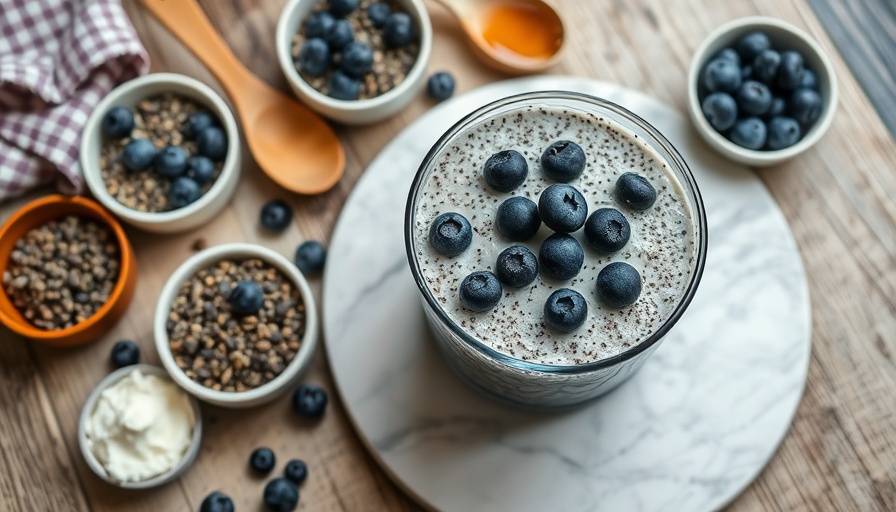
Crafting a Realistic Diabetic Meal Plan That Works
Managing diabetes doesn’t have to mean sacrificing flavor or variety in your meals. Creating a healthy diabetic meal plan isn’t just about what to eat; it’s about building a sustainable lifestyle that prioritizes your health without turning meal preparation into a chore. A fulfilling diabetic diet plan not only focuses on low glycemic foods but also incorporates tasty options that keep blood sugar levels stable.
Discover the Best Foods for Blood Sugar Control
Integrating the best foods for blood sugar control into your daily meals is essential. Think fresh vegetables, lean proteins, whole grains, and healthy fats. These foods can help maintain stable blood sugar while still being delicious. For instance, adding quinoa or barley to your salads can increase fiber intake, which is crucial for managing diabetes effectively.
Foods to Avoid with Diabetes
Understanding what to avoid is just as important as knowing what to include. High-sugar and processed foods often lead to spikes in blood sugar levels. Steering clear of sugary drinks, white bread, and high-sugar snacks can make a significant difference. Instead, opt for fresh fruits or nuts for a sweet craving that won’t derail your health goals.
The Importance of Carb Counting for Diabetes
For many, carb counting is a cornerstone of diabetes management. Knowing how many carbs are in your meals can empower you to make better food choices. This practice allows for flexibility in your meal planning while keeping your overall carbohydrate intake in check.
Making Meals Enjoyable with Diabetes-Friendly Recipes
Finding diabetes-friendly recipes can transform your cooking experience. Experimenting with spices and herbs can elevate a simple dish into something fantastic. Consider zucchini noodles with a fresh tomato basil sauce or grilled chicken with a sprinkle of feta cheese and olives for a Mediterranean twist.
Nutritional Tips for Managing Diabetes
Incorporating nutritional tips for managing diabetes can empower you towards healthier decisions. Focus on balanced meals that include a variety of nutrients. Don’t forget about portion sizes; even healthy foods can hinder progress when consumed in excess. Planning ahead and prepping meals can also prevent last-minute unhealthy choices.
Concluding Thoughts and Moving Forward
Becoming adept at meal planning for diabetes requires practice and patience, but the results are well worth the effort in terms of your health and well-being. Keep trying new things and keep motivated by celebrating small victories. If you can commit to a balanced, enjoyable meal plan, you’re likely to stick to it and flourish in your diabetes management journey.
 Add Row
Add Row  Add
Add 




Write A Comment